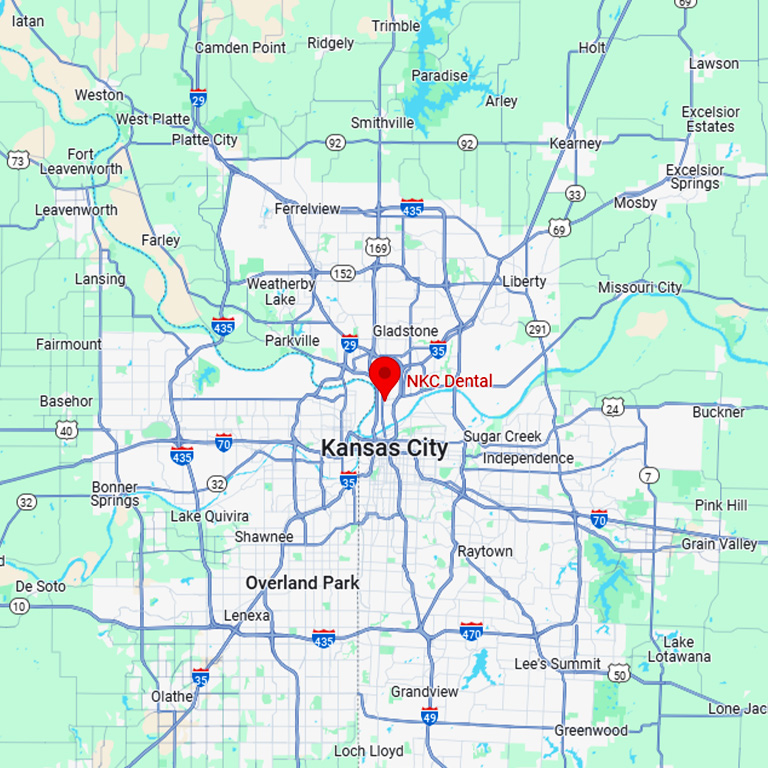How to Tell If That Bleeding While Brushing Is a Warning Sign
It happens fast. You brush your teeth like always, rinse, spit—and notice a pink tint in the sink. Maybe it’s just the way you angled the brush, or maybe your gums are irritated. Either way, it’s easy to ignore. But if it keeps happening, it’s time to pay closer attention.
Mild Gum Bleeding Can Be a Sign of Trouble
Occasional bleeding after flossing for the first time in a while isn’t unusual. But if your gums bleed every day, especially with gentle brushing, there’s likely inflammation going on beneath the surface. The earliest stage of gum disease—gingivitis—often shows up in this way. You won’t feel pain. You might not even notice anything else. But your gums are waving a flag.
Letting It Go Can Lead to Bigger Problems
If gingivitis isn’t treated, it can progress into something far more serious: periodontitis in North Kansas City, MO. That’s the stage where the bone that supports your teeth starts to break down. Bleeding gums may become puffy, sore, or recede from the teeth. You might catch a metallic taste in your mouth or wonder why your breath has changed. These aren’t just inconveniences—they’re warning signs.
Sometimes It’s Not About Brushing at All
There are other reasons your gums might bleed, and they don’t all point to gum disease. Pregnancy, new medications, or even a drop in vitamin C can play a role. Some people brush too hard without realizing it. Others clench or grind their teeth at night, which puts pressure on the gums. It’s not always obvious, but it’s almost always worth checking.
Bleeding gums might seem minor, but they’re one of the mouth’s clearest signals that something needs attention. Don’t wait for things to get worse—let your North Kansas City, MO dentist take a look and guide you back to healthy tissue. Prevention starts with listening.






Leave a Reply
Want to join the discussion?Feel free to contribute!